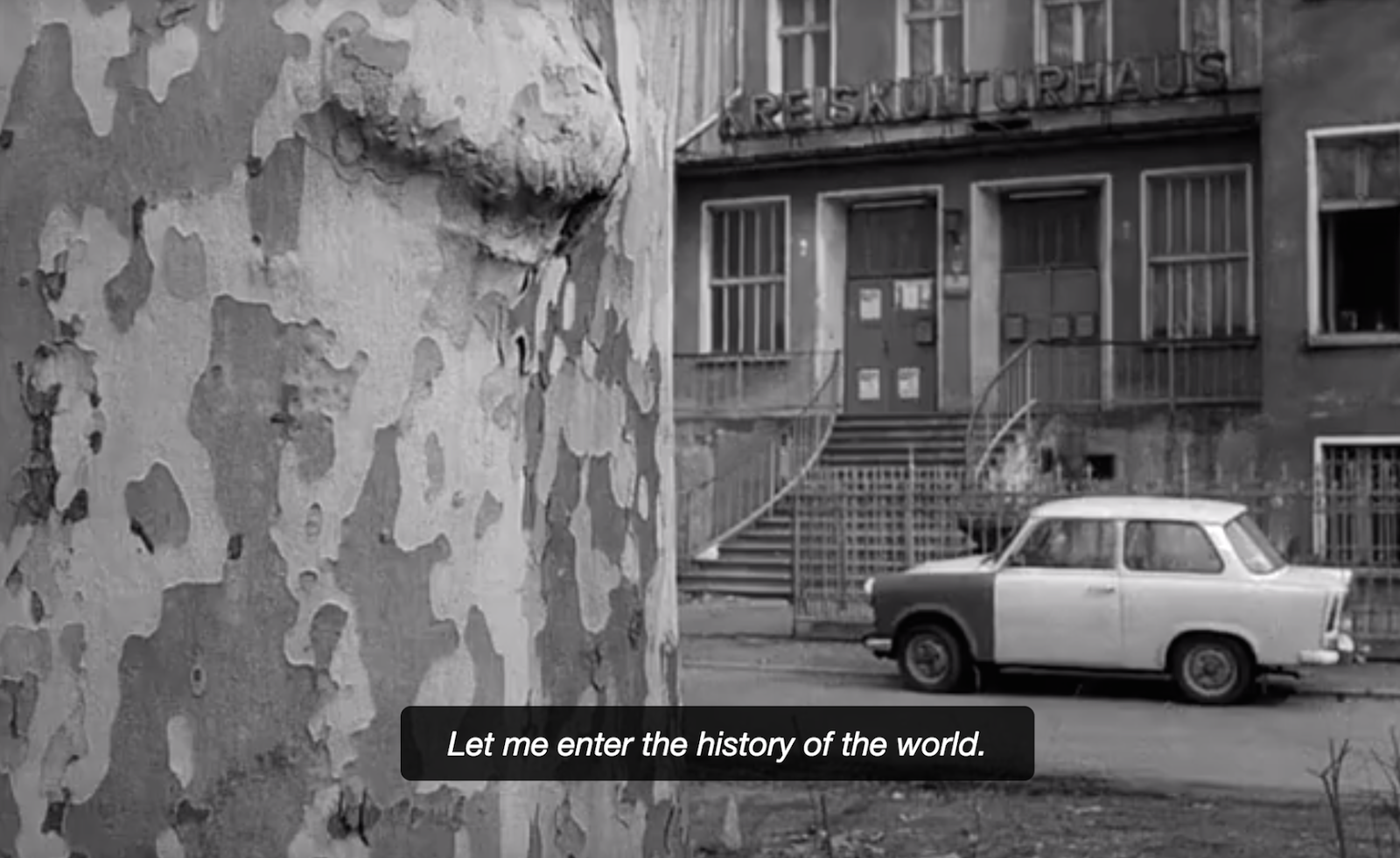As one attempts to analyse the allegory concept into its components, the following schema results: 1. The allegorist pulls
one element out of the totality of the life context, isolating it, depriving it of its function. Allegory is therefore essentially
fragment and thus the opposite of the organic symbol. "In the field of allegorical intuition, the image is a fragment. a
rune. ... The false appearance (Schein) of totality is extinguished" (Origin, p. 176). 2. The allegorist joins the isolated
reality fragments and thereby creates meaning. This is posited meaning; it does not derive from the original context of
the fragments. Benjamin interprets the activity of the allegorist as the expression of melancholy. "If the object becomes
allegorical under the gaze of melancholy, if melancholy causes life to flow out of it and it remains behind dead but
eternally secure, then it is exposed to the allegorist, it is unconditionally in his power. That is, it is now quite incapable of
emanating any meaning or significance of its own; such significance as it has, it acquires from the allegorist" (Origin, pp.
183-84). The allegorist's traffic with things is subject to a constant alternation of involvement and surfeit: "the profound
fascination of the sick man with the isolated and insignificant is succeeded by that disappointed abandonment of the
exhausted emblem" (p. 185). Benjamin also addresses the sphere of reception. Allegory, whose essence is fragment,
represents history as decline: "in allegory, the observer is confronted with the 'facies hippocratica' (the death mask) of
history as a petrified primordial landscape" (p. 166).
[...]
[...]
The second (reception-aesthetic) interpretation of allegory Benjamin advances (and according to which it represents
history as natural history, that is, as the fated history of decline) seems to permit application to the art of the avant-garde.
If one takes the attitude of the Surrealist self as the prototype of avant-gardiste behaviour, one will note that society is here being reduced to nature. The Surrealist self seeks to recover pristine experience by positing as natural the world man
has created. But this means making social reality immune from any idea of possible change. It is not so much that the
history man made is transformed into natural history as that it turns into a petrified image of nature. The metropolis is
experienced as enigmatic nature in which the Surrealist moves as primitives do in real nature: searching for a meaning
that allegedly can be found in what is given. Instead of immersing himself in the secrets of man's making of this second
nature, the Surrealist believes he can wrest meaning from the phenomenon itself. The change in function that allegory
has passed through since the Baroque is undoubtedly considerable: the Baroque depreciation of the world in favor of the
Beyond contrasts with what one can only call an enthusiastic affirmation of the world. But a closer analysis of the artistic
methods and procedures shows this affirmation to be imperfect, the expression of a fear of a technique that has
become too powerful, and of a social organisation that severely restricts the individual's scope.
Peter Bürger
Kai Althoff
Peter Bürger
Kai Althoff






























